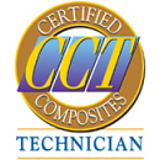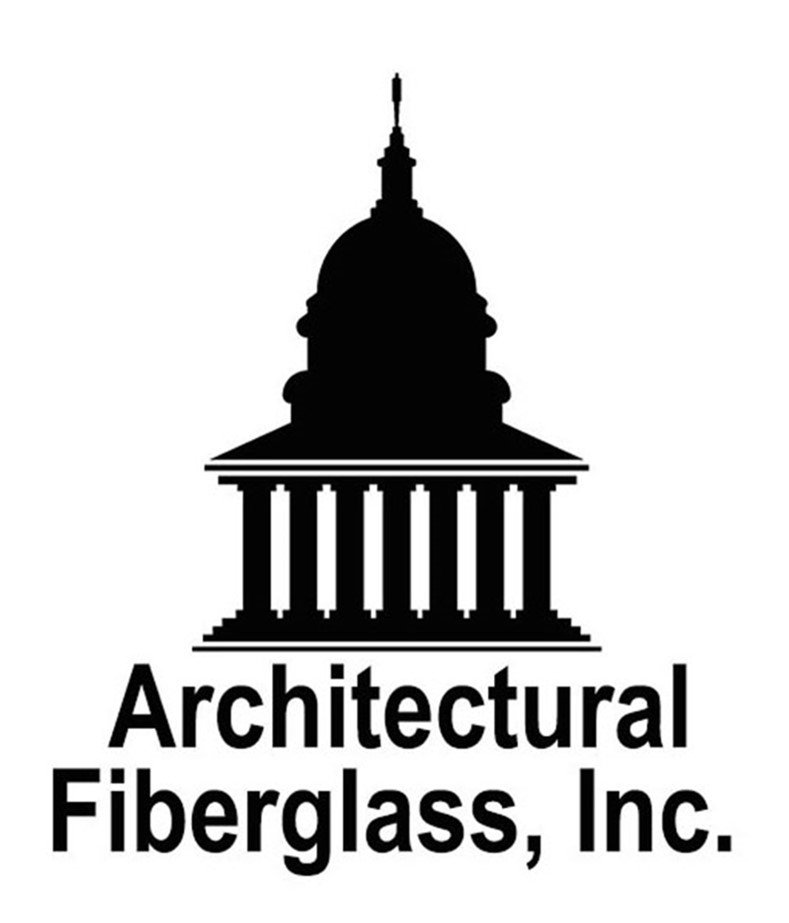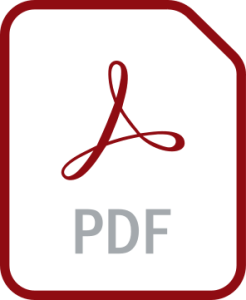About Architectural fiberglass, inc.
About Architectural Fiberglass, Inc. and Fiberglass Domes
How It All Began
Our company was founded in 1990 when our owner faced the dilemma of replacing badly deteriorated and fading aluminum domes in his religious institution. The aluminum domes had leaked water for years, causing damage inside the building, and the aluminum gold finish had deteriorated, making the domes unsightly. It was decided to coat the aluminum domes with a waterproofing material to eliminate the water infiltration.
However, the aluminum domes still leaked and caused even more damage to the interior. The domes were eventually removed, and the roof structure below was waterproofed and sealed from the elements. The next challenge was to find a solution for replacing the domes that had been removed. Some suggested going back to aluminum, but others did not want to use the same material that had already caused so many problems. Someone mentioned that perhaps fiberglass would work. If a boat can be made with fiberglass, why can’t a dome be manufactured with the same materials?
The Solution We Found
After thorough research of different materials, it was determined that fiberglass might be the most suitable material for the aluminum dome replacement. The problem was that there were plenty of fiberglass boat manufacturers in the area but no fiberglass dome manufacturers.
When the company was founded, not many other companies had the expertise or were willing to manufacture and erect such massive dome structures. Architectural Fiberglass, Inc. was founded and has since become a leader in decorative fiberglass ornamentation. Over the years, Architectural Fiberglass, Inc. has manufactured thousands of domes worldwide.
Affiliates
AFI is an active member of the world's largest fiberglass trade organization, the American Composites Manufacturer's Association (ACMA).
ACMA's Architectural Division sets industry standards for quality control practices and specifies materials and manufacturing processes that are recommended to be used for architectural FRP.
ACMA is the driving force that has introduced composites to the construction industry and local building authorities. AFI meets all requirements of membership and fabricates materials based upon provisions published in the "Guidelines and Recommended Practices for Fiberglass Reinforced Plastic Architectural Products" created by ACMA's Architectural Division.
AFI also participates in ACMA's International Building Code Committee and has chaired ACMA's Architectural Division.
Visit the official ACMA websiteArchitectural Fiberglass, Inc trains and requires employees to participate in The Certified Composites Technician (CCT) program created by the American Composites Manufacturers Association (ACMA) in 1999 to respond to the composites industry's need for uniform training and technical skills. Employees need to pass the certification exam and have to become certified as a "Certified Composites Technician." CCT training focuses on the fundamental technology used in producing a wide range of products within the general open molding processing industries. This program-specific certification places specific emphasis on the knowledge and technical skills required in production. The CCT program is designed to elevate standards in the industry, enhance individual performance, and recognize those who demonstrate a prescribed level of knowledge in a specific specialization. Certified Composite Technicians are recognized as experts amongst others throughout the industry and are acknowledged as valued individuals within a manufacturing arena that is becoming increasingly competitive and technical.
Visit the official ACMA website
When applicable, Architectural Fiberglass, Inc (AFI) complies with provisions of the International Code Council's (ICC) requirements for the proper uses of FRP. The codes require Fiberglass Reinforced Polymer (FRP) components to be tested in compliance with fire retardant materials. Companies who comply are held accountable to follow stringent manufacturing requirements that result in products that comply with current code requirements.
AFI has undergone the necessary testing and fulfilled the code requirements. Other manufacturers have been known to cut costs by using less expensive raw materials and mediocre manufacturing practices in order to gain a pricing advantage. Current codes set a bar for all manufacturers to follow and validates FRP as a legitimate material of construction.
Visit the official International Code Council website.When applicable, AFI manufactures our FRP composite products with Class 1 fire retardant resins that meet a flame spread rating of 25 or less as characterized by the ASTM E-84 Tunnel Test. Testing from nationally recognized third-party testing agencies certifies fire retardancy and stringent manufacturing requirements. Current building codes allow expanded uses of tested fire retardant FRP composites for building construction. The code addresses that fire retardant fiberglass can be used in all areas of construction when used in accordance to the code requirements.
AFI has taken an active leadership role in education and participation in the LEED Program (Leadership in Energy and Environmental Design) that was developed by the U.S. Green Building Council to provide a framework for implementing practical and measurable green building solutions. Compared to other traditional materials the total life-cycle assessment of fiberglass contributes to its viability as a green building product. When consideration is taken for the energy consumed in production, installation and environmental sustainability, fiberglass products generate a much smaller impact than other traditional materials and can be used in ways that are less energy or carbon intensive.
The LEED program uses strategies aimed at improving performance across environmentally important metrics, such as energy savings, CO2 emissions reduction, and the careful and responsible management of resources.
Certification recognizes a sensitivity to the building's impact on the world. Architectural Fiberglass, Inc. can help achieve that goal by providing a product shown to be environmentally and economically friendly.
Visit the official U.S. Green Building Council website.AFI is an accredited member of the Better Business Bureau (BBB).
The BBB Code of Business Practices represents sound advertising, selling, and customer service practices that enhance customer trust and confidence in business.
The Code is built on the BBB standards for trust and eight principles that summarize important elements of creating and maintaining trust in business.
This Code also represents standards for business accreditation by BBB.
Businesses based in the United States that meet these standards and complete application procedures are accredited by BBB.
Visit the official Better Business Bureau website.













